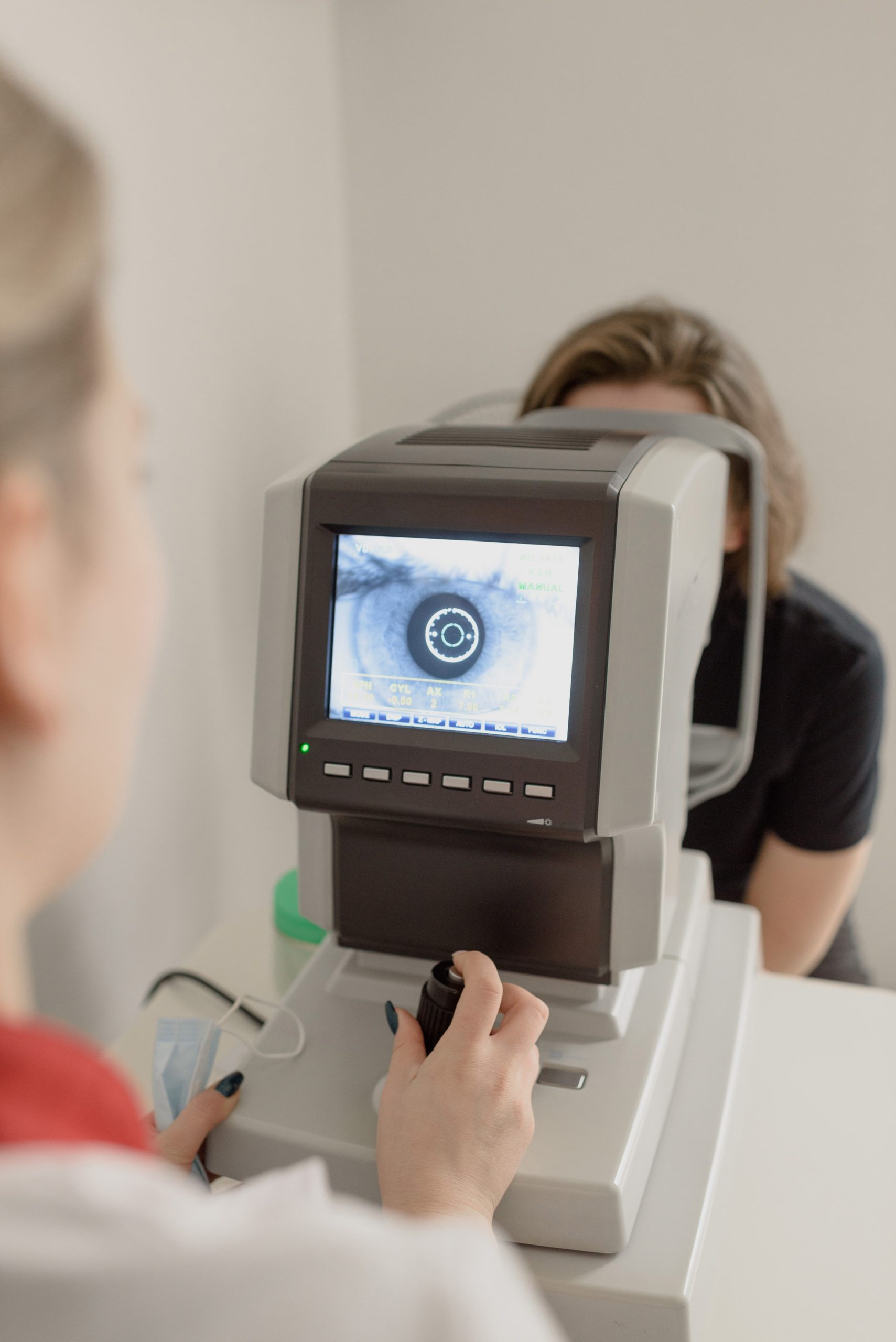Preventive Care in Medicare Advantage

The Importance of Preventive Care in Medicare Advantage Plans
As the population ages, healthcare becomes a critical concern for seniors. Medicare, the government-sponsored health insurance program for individuals aged 65 and older, offers various options for coverage, including Medicare Advantage plans. Medicare Advantage, also known as Medicare Part C, is an alternative to original Medicare that provides additional benefits and coverage through private insurance companies.
One essential aspect of Medicare Advantage plans is preventive care. Preventive care focuses on identifying and addressing potential health issues before they become more severe or costly to treat. It plays a critical role in maintaining the health and well-being of seniors, helping them live longer, healthier lives. In this blog post, we will explore the importance of preventive care in Medicare Advantage plans, including the benefits it offers to seniors and the overall healthcare system.
What is Preventive Care?
Preventive care encompasses a range of healthcare services and screenings that are designed to prevent or detect health issues early on, before they progress into more serious conditions. These services are typically provided to individuals who do not have any symptoms of a particular illness or condition, but are at risk based on their age, gender, family history, lifestyle, or other factors.
Examples of preventive care services include vaccinations, screenings for various diseases such as cancer, diabetes, and hypertension, cholesterol checks, blood pressure monitoring, counseling for tobacco and alcohol cessation, and wellness exams. Preventive care can also include lifestyle interventions such as diet and exercise counseling, and mental health screenings.
Preventive care is a cornerstone of good health and can help individuals avoid the development of chronic diseases or catch them in their early stages, when they are more treatable and manageable. It aims to promote overall health and well-being, and reduce the need for costly treatments or hospitalizations down the road.
The Role of Preventive Care in Medicare Advantage Plans
Medicare Advantage plans are an alternative to original Medicare and are offered by private insurance companies approved by Medicare. These plans are required to provide at least the same level of coverage as original Medicare, but they often go beyond that by offering additional benefits, such as prescription drug coverage, vision and dental care, and wellness programs.
One of the key features of Medicare Advantage plans is their emphasis on preventive care. These plans are required by law to cover a wide range of preventive care services at no additional cost to beneficiaries. This means that seniors enrolled in a Medicare Advantage plan can access important preventive care services without having to pay a copay, coinsurance, or deductible.
The preventive care services covered under Medicare Advantage plans may include screenings for cancer, diabetes, cardiovascular diseases, and other chronic conditions, as well as vaccinations, wellness exams, and counseling for tobacco cessation, among others. These services are critical in identifying health risks early on, managing chronic conditions, and preventing the development of more serious health issues.
Preventive care in Medicare Advantage plans is not only about addressing existing health issues, but also about promoting healthy behaviors and lifestyles. Many Medicare Advantage plans offer wellness programs and lifestyle interventions, such as nutrition counseling, exercise classes, and mental health services, to help seniors maintain good health and prevent the onset of chronic diseases.
The Benefits of Preventive Care in Medicare Advantage Plans
The emphasis on preventive care in Medicare Advantage plans offers numerous benefits to seniors, the healthcare system, and society as a whole.
Improved Health Outcomes:
Preventive care allows for the early detection and management of health issues, which can lead to better health outcomes for seniors. By identifying risk factors or potential health problems early on, preventive care can help seniors receive timely interventions, treatments, and lifestyle modifications that can prevent or delay the progression of diseases. This can result in better health outcomes, reduced morbidity and mortality rates, and improved quality of life for seniors.
Cost Savings:
Preventive care can also lead to significant cost savings in the long run. By addressing health issues early on, preventive care can help avoid the need for costly treatments or hospitalizations that may be required if a condition progresses to a more advanced stage. Medicare Advantage plans that cover preventive care services at no additional cost to beneficiaries can help seniors save on out-of-pocket expenses and reduce the financial burden associated with healthcare.
Increased Access to Care:
Medicare Advantage plans often offer a broader range of preventive care services compared to original Medicare, and they may also include additional benefits such as prescription drug coverage, vision and dental care, and wellness programs. This can increase access to preventive care services for seniors, making it easier for them to get the care they need to maintain their health and well-being. Access to preventive care can be particularly beneficial for seniors who may have limited mobility or transportation options, as it can help them receive necessary screenings, vaccinations, and other preventive care services without having to travel to multiple providers or facilities.
Healthier Aging:
Preventive care plays a crucial role in promoting healthy aging. By addressing potential health issues early on, seniors can better manage chronic conditions, maintain their physical and mental health, and enjoy a higher quality of life as they age. Preventive care can help seniors stay active, independent, and engaged in their communities, allowing them to lead fulfilling lives well into their golden years.
Reduced Healthcare Burden:
Preventive care can also have a positive impact on the overall healthcare system. By identifying and managing health issues early on, preventive care can help reduce the burden on hospitals, emergency rooms, and other healthcare facilities, as well as minimize the need for costly treatments or interventions. This can help alleviate the strain on the healthcare system and contribute to more efficient and effective healthcare delivery for seniors and other beneficiaries.
Conclusion
In conclusion, preventive care is a critical component of Medicare Advantage plans that offers numerous benefits to seniors, the healthcare system, and society as a whole. It allows for early detection and management of health issues, promotes healthier aging, reduces healthcare costs, and improves overall health outcomes. If you are enrolled in a Medicare Advantage plan, be sure to take advantage of the preventive care services that are covered by your plan. By prioritizing preventive care, you can take proactive steps towards maintaining your health and well-being as you age. Remember, prevention is always better than cure!





